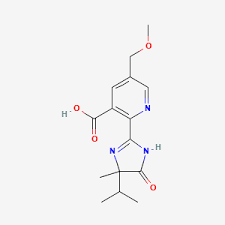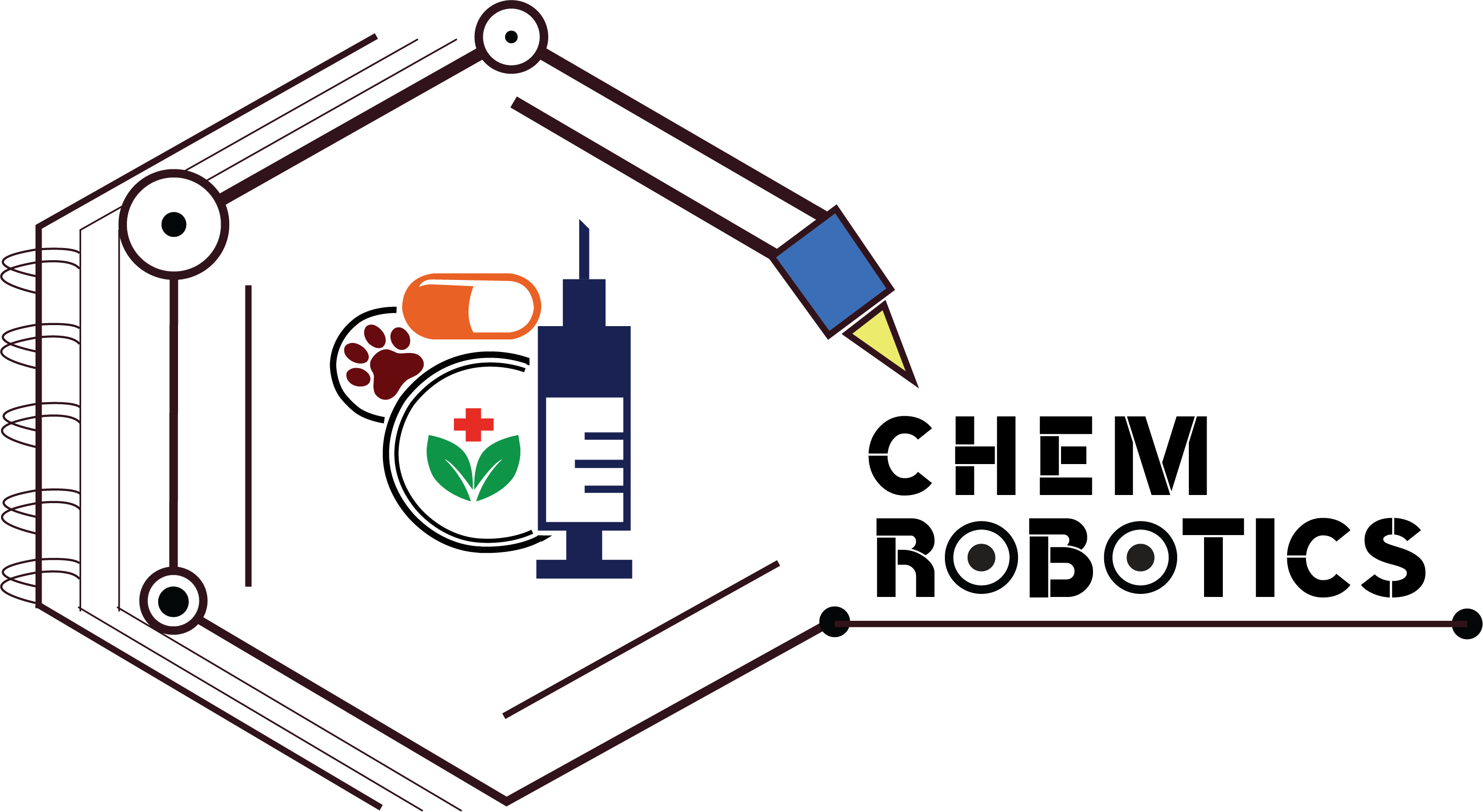Summary:-
- DAVAI A PLUS™ combines 2 actives Imazamox ,Clethodim to tackle broadleaf and grassy weeds.
- DAVAI A Plus, a new pulse crop protection product available for 2023 crop year
- ADAMA Canada is introducing new crop protection products for imidazolinone tolerant lentils (ie. Clearfield®), as well as all peas and soybeans in time for the next crop year. This is one part of an ongoing strategy to meet the needs of Canadian growers while adapting to ongoing global supply chain issues.
The prolonged energy crisis in Europe has made the persisting supply chain problems that plague global industry worse, and all of this is projected to result in higher costs and product shortages for several crop protection goods during the 2023 growing season.
About DAVAI A Plus
Decrption:-Freedom to use on imidazolinone tolerant lentils, field peas, soybeans and dry beans. Two modes of action for resistance management. Many options for rotational crops including canola, pulses, and cereals.
HOW IT WORKS: DAVAI A PLUS™ combines 2 actives to tackle broadleaf and grassy weeds.
Active Ingredients:
Imazamox 80 g/L = SL
Clethodim 120 g/L = EC
About Imazamox

Imazamox structure
- Description-Imazamox is a systemic herbicide that moves throughout the plant tissue and prevents plants from producing a necessary enzyme, acetolactate synthase (ALS), which is not found in animals. Susceptible plants will stop growing soon after treatment, but plant death and decomposition will occur over several weeks.
- IUPAC: 5-(methoxymethyl)-2-(4-methyl-5-oxo-4- propan-2-yl-1H
- CAS RN: 114311-32-9
CHEMICAL CLASS: Herbicides (Imidazolinone Herbicides) [1]
Indication: HERBICIDE -
Imazamox mode of action : Imazamox belongs to the chemical family of imidazolinones within the ALS-inhibiting herbicides. It causes the inhibition of the ALS enzyme (EC 2.2. 1.6), which is involved in the synthesis of the essential branched-chain amino acids isoleucine, leucine and valine.
About Clethodim

Clethodim Structure
- Description : Clethodim is an oxime O-ether resulting from the formal conversion ot the acyclic keto group of 5-[2-(ethylsulfanyl)propyl]-3-hydroxy-2-propionylcyclohex-2-en-1-one to the corresponding oxime with subsequent O-alkylation of the oxime by an (E)-3-chloroallyl group.
- IUPAC: 2-[(E)-N-[(E)-3-chloroprop-2-enoxy]-Cethylcarbonimidoyl]-5-(2- ethylsulfanylpropyl)-3-hydroxycyclohex-2- en-1-one.
- CAS RN: 99129-21-2
CHEMICAL CLASS: Herbicides (Cyclohexene Oxime Herbicides); Cyclohexanediones[1]
Indication: HERBICIDE - Clethodim mode of action : Clethodim, has another mechanism of action; it inhibits the enzyme acetyl coenzyme A carboxylase (ACCase), interrupts lipid synthesis and consequently harms the development of the plant.
KEY BENEFITS:
• Another choice for Canadian pulse growers!
• Freedom to use on Imidazolinone tolerant lentils, field peas, soybeans
and dry beans
• Two modes of action for resistance management
• Many options for rotational crops including canola, pulses, and cereals
• Built-in adjuvant, for convenience
• Reliable control of a wide spectrum of tough grasses and targeted
broadleaf weeds
• No complicated grower programming.
REGISTERED CROPS:
• Dry beans
• Field peas
• Imidazolinone-tolerant lentils
• Soybeans
ADAMA has used its global network to ensure it has a resilient supply chain for Canadian farmers and is bringing as much production to North America as possible taking advantage of their various facilities and partnerships in both Canada and the United States. This network allowed the company to add much needed supply of 2,4-D and MCPA to the Canadian market last year.
Now ADAMA Canada has brought new products for pulse farmers including DAVAI A PLUS™, a broad-spectrum herbicide solution, with two modes of action, that will be registered for imidazolinone tolerant lentils, peas and soybeans. This is very important as some of the most popular imidazolinone tolerant lentil crop protection programs originate with European-based companies.
″This new registration brings product choice to growers for a crop that historically had none,″ said Thiessen. ″We’re proud to offer Canadian farmers a growing selection of high quality crop protection products.″
About Imidazolinone tolerant lentils
Imidazolinone and sulfonylurea herbicides are widely used in modern agriculture due to their effectiveness at very low application rates and relative non- toxicity in animals. Imidazolinone and sulfonylurea herbicides inhibit the activity of acetohydroxyacid synthase (AHAS), or acetolactate synthase (ALS) (E.C.4.1.3.18), the key enzyme in the biosynthesis of branch chain amino acids such as valine, leucine and isoleucine (Shaner et al. 1984 Plant Physiol. 76:545-546). By inhibiting AHAS activity, this class of herbicides prevents further growth and development of susceptible plants including many weed species.
Among the major agricultural crops, some leguminous species such as soybean are naturally resistant to imidazolinone herbicides due to their ability to rapidly metabolize the herbicide compounds.
Plant resistance to imidazolinone has also been reported in a number of patents. U.S. Patent No. 4,761,373 generally describes the use of an altered AHAS gene to elicit herbicide resistance in plants, and specifically discloses certain imidazolinone resistant com lines. U.S. Patent No. 5,013,659 discloses plants exhibiting herbicide resistance possessing mutations in at least one amino acid in one or more conserved regions. The mutations described therein encode either cross-resistance for imidazolinones and sulfonylureas or sulfonylurea-specific resistance, but imidazolinone-specific resistance is not described. Additionally, U.S. Patent No. 5,731,180 and U.S. Patent No. 5,767,361 discuss an isolated gene having a single amino acid substitution in a wild- type monocot AHAS amino acid sequence that results in imidazolinone-specific resistance. However, to date, the prior art has not described an imidazolinone resistant pulse crop such as lentil. Pulses are the seeds of legumes that are used as food, including pea, bean, lentil, chickpea and fababean. Pulse crops, provide about 10% of the total dietary protein of the world. Lentil was one of the earliest cultivated crops in the world with archeological evidence from the early Stone Age. Lentil remains an important source of dietary protein in India, Southwest Asia and the Mediterranean, and Canadian lentil production is primarily directed toward export to these regions. While lentil is grown mainly for the seed to be harvested as a food export, the straw can also be used as a high quality animal feed or as a source of organic material for soil improvement. Cultivated varieties of lentil (Lens culinaris) are believed to descend from Lens orientalis, the only wild-type species able to naturally cross with Lens culinaris and produce fully fertile progeny.
Conclusion-The present invention is directed to lentil plants having increased resistance to an imidazolinone herbicide. One such plant described herein is the RH44 lentil variety. The present invention also includes seeds produced by these lentil plants and methods of controlling weeds in the vicinity of these lentil plants.
About Adama
ADAMA is a leading global crop protection company, providing solutions to combat weeds, insects and disease, so farmers can do what they do best: feed the world.
Together with its wholly owned subsidiary, Adama Agricultural Solutions Ltd., ADAMA manufacturers and retails herbicides, insecticides and fungicides. The company has research and development (R&D) and manufacturing facilities in various locations worldwide, with two main centers in Israel and China. It is traded on the Shenzhen Stock Exchange and is headquartered in Ashdod City, Israel. In 2017, Adama Agricultural Solutions Ltd. was acquired by Hubei Sanonda Co. Ltd., a Chinese agro-chemical producer and partially owned subsidiary of ChemChina.
ChemRobotics is a scientific data science company that specializes in serving the Pharmaceutical, Agrochemical, Veterinary, and Fine Chemical sectors. It offers an extensive online database that provides a wide range of scientific data to professionals in these industries. The ChemRobotics database proves to be invaluable to various teams involved in product development, including chemists, formulation scientists, biologists, and the registration team. Moreover, the ChemRobotics database offers numerous benefits to the generic/discovery agrochemical industry, making it an essential resource. Weblink: https://www.chemrobotics.com


![Davai_aplus[high]_v3 DAVAI A PLUS](https://chemrobotics.in/wp-content/uploads/2023/02/Davai_aplushigh_v3.png)
